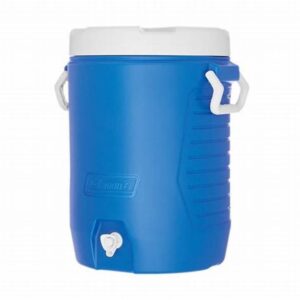As we head into the fall agritourism season you may want to revisit the types of questions you can and can’t ask the public when they arrive at your farm with a service animals, pets, and comfort animals. For more suggestions on how to legally handle communications and guidance for customers with animals on your farm visit our previous PPA post on the topic.
What questions can you legally ask?
If you find yourself in a situation where would like to determine if the animal is a true service animal, you may ask just two questions.
1) Is the service animal required because of a disability?
2) What work or task has the service animal been trained to perform?
What questions are you legally prevented from asking?
1) You may not ask about the persons disability.
2) You may not ask for proof of the persons disability.
3) You may not ask for documentation or proof that the service animal is trained.
4) You may not ask for an animal health certificate.
The Rutgers On-Farm Food Safety team developed a Q&A factsheet as well as signage that can be posted at the farm or presented to your customers.
 Protecting yourself and other workers from heat stress may involve purchasing some supplies for your farm operation. Some suggestions for items that may be used to “Beat the Heat” include water coolers, shade structures, fans for air movement in packing facilities, head coverings, sunscreen, and other things to help make a person cooler and more comfortable when working during high temperatures and/or in intense sunlight. Also, some companies listed also offer weather measuring devices to monitor environmental conditions for considering heat stress management decisions.
Protecting yourself and other workers from heat stress may involve purchasing some supplies for your farm operation. Some suggestions for items that may be used to “Beat the Heat” include water coolers, shade structures, fans for air movement in packing facilities, head coverings, sunscreen, and other things to help make a person cooler and more comfortable when working during high temperatures and/or in intense sunlight. Also, some companies listed also offer weather measuring devices to monitor environmental conditions for considering heat stress management decisions. 
